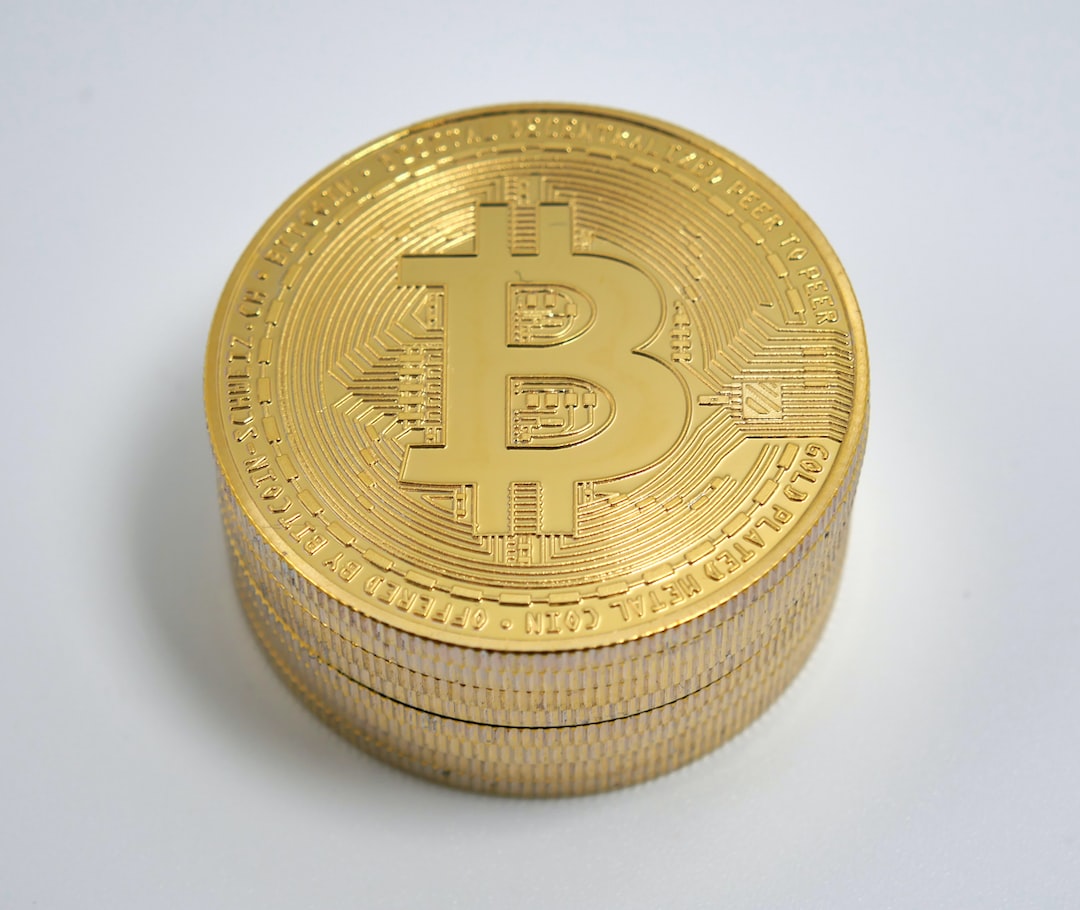Binance and SEC Lawsuit Takes an Interesting Turn
Binance, BinanceUS, and CEO Changpeng “CZ” Zhao have filed a joint motion to dismiss the lawsuit by the U.S. Securities and Exchange Commission (SEC), stating that the SEC’s claims regarding securities-related violations are not plausible. In response, Binance.US has filed a motion for an extension of time to respond to the SEC’s motion to compel.
Magistrate Judge Zia M. Faruqui had ordered the defendants to show cause as to why any documents related to the SEC’s Reply in Support of Motion to Compel should be sealed or redacted. If approved, this motion will grant Binance.US more time to react to the SEC’s motion.
Binance Holdings Limited and CZ argue that the SEC lacks authority and that its arguments regarding securities violations are unclear. They are seeking a dismissal of all claims made by the SEC on the grounds that it has failed to plausibly allege that any of the contested crypto assets are securities.
Binance.US Under Pressure
The SEC’s lawsuit against Binance has revealed that Binance.US has failed to cooperate in accordance with an earlier consent order. The SEC has filed exhibits against Binance.US, while the exchange claims that the SEC’s requests are “overbroad” and “unduly burdensome” in a protective order.
As a result of pressure from US regulators, Binance.US has experienced a significant decrease in trading volume from $5 billion to $40 million.
Hot Take: Binance Fights Back Against SEC Allegations
The ongoing legal battle between Binance and the U.S. Securities and Exchange Commission has taken an interesting turn as both sides present their arguments. Binance, along with its US subsidiary Binance.US, and CEO Changpeng “CZ” Zhao, are actively defending themselves against the SEC’s claims of securities-related violations.
The motion to dismiss the lawsuit and the motion for an extension of time to respond to the SEC’s motion to compel highlight Binance’s determination to challenge the SEC’s authority and the plausibility of its allegations. The outcome of this case will have significant implications for the regulation of cryptocurrencies in the United States.





 By
By
 By
By
 By
By
 By
By
 By
By
 By
By